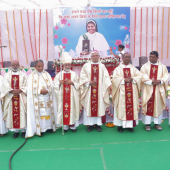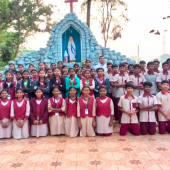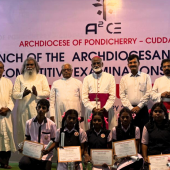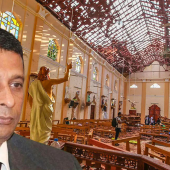India: Manipur Relief Camp Girls Crack Medical Entrance, Inspire Hope
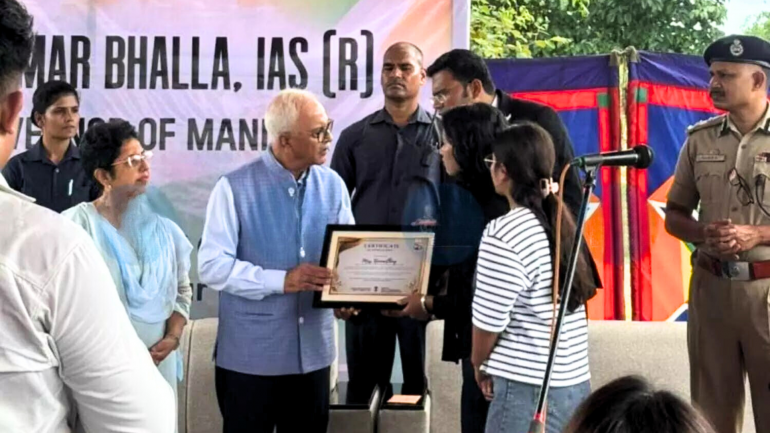
Amid ongoing violence in the northeastern state of Manipur, two girls living in relief camps in Churachandpur, about 60 kms southwest of Imphal, have cleared the NEET (National Eligibility cum Entrance Test), becoming symbols of hope and resilience.
NEET, a highly competitive national-level entrance exam conducted by the National Testing Agency (NTA), is mandatory for admission to undergraduate medical courses in India and abroad.
One of the girls, Namneilhing Haokip, has secured admission to the Jawaharlal Nehru Institute of Medical Sciences (JNIMS), located in a Meitei-majority area. Arrangements are now being made to transfer her to Guwahati for her studies. Alongside her,
Hatneineng also emerged successful, bringing encouragement to the thousands of internally displaced people (IDPs) sheltering in camps across the state.
For the past 28 months, Manipur has been gripped by violence, claiming lives, displacing families, and destroying thousands of homes. Trust has been fractured, recovery has been slow, and over 290 relief camps have been set up to house those uprooted. Yet even in the midst of uncertainty, young aspirations continue to shine.
Namneilhing, currently residing in the Ngaloi relief camp run by Kuki Khanglai Lawmpi, recounted the struggles her family faced after being displaced from L. Thingkangphai village in Chandel district, which became a frontline in the conflict.
“Our home was burnt down. Earlier, my parents worked in the fields, but now we have no work. As children, my siblings and I could not help them much,” she shared.
Her family, with six siblings, has endured deep hardship. Yet Namneilhing chose perseverance over despair. The moment she learned of her NEET success on August 15 remains etched in her memory.
“I couldn’t believe it at first. Some seniors informed me, and then I just went and hugged my father in excitement,” she recalled.
Radio Veritas Asia (RVA), a media platform of the Catholic Church, aims to share Christ. RVA started in 1969 as a continental Catholic radio station to serve Asian countries in their respective local language, thus earning the tag “the Voice of Asian Christianity.” Responding to the emerging context, RVA embraced media platforms to connect with the global Asian audience via its 21 language websites and various social media platforms.









